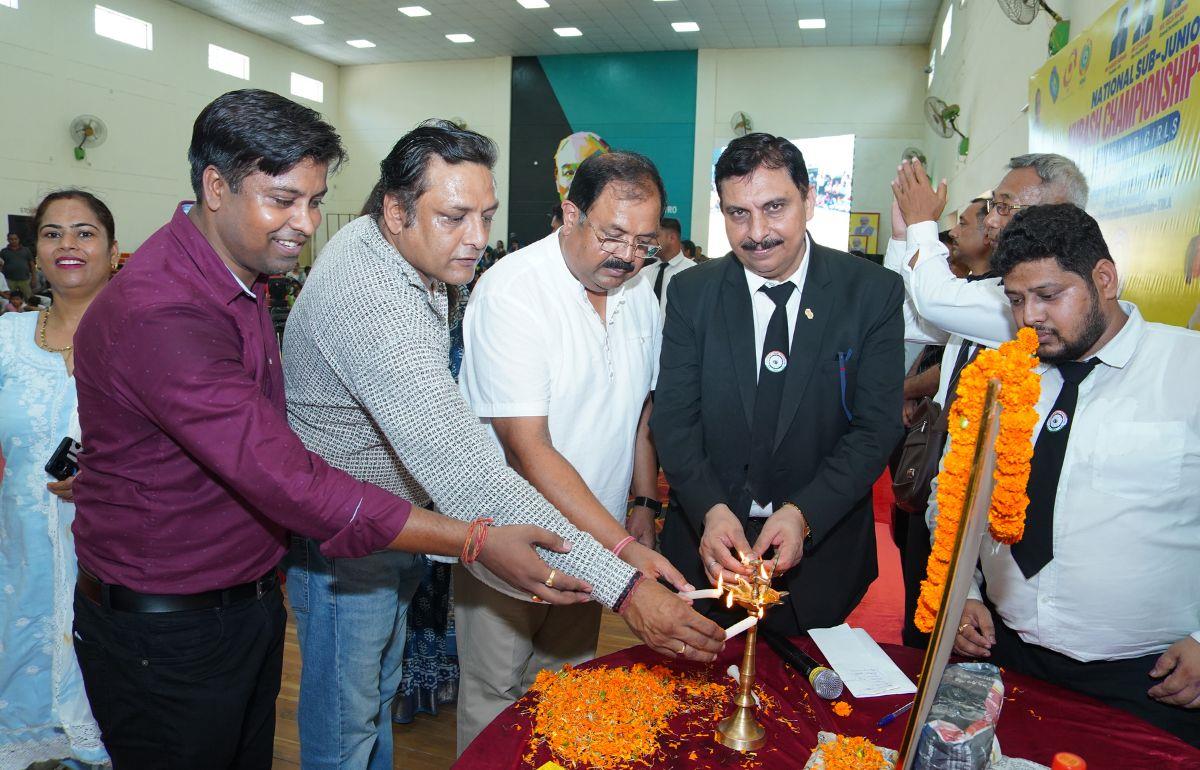
Kurash is a traditional Central Asian form of folk wrestling that has been practiced for centuries in countries like Uzbekistan, Kazakhstan, Kyrgyzstan, Tajikistan, Turkmenistan, and parts of Afghanistan. It is known for its unique rules and techniques, emphasizing skill, agility, and strategy.
The objective is to throw the opponent off balance and onto their back, with both shoulders touching the ground, to score points. Unlike some other forms of wrestling, Kurash prohibits leg attacks and grabbing the opponent's legs. It is not only a sport but also a cultural tradition deeply rooted in Central Asian heritage, often accompanied by music, dance, and elaborate ceremonies.
While Kurash is not as widely known internationally as some other forms of wrestling like Greco-Roman or freestyle wrestling, it holds significant cultural importance in Central Asia and continues to be practiced and celebrated in various competitions and festivals throughout the region.
In conclusion, Kurash is more than just a game; it is a timeless tradition that embodies the essence of Central Asian culture. Through its blend of athleticism, tradition, and community, Kurash serves as a powerful reminder of the importance of preserving and honoring our cultural heritage. As long as there are wrestlers grappling upon the mats and spectators cheering from the sidelines, the legacy of Kurash will endure, a beacon of pride and resilience for generations to come.
Kurash is a traditional Central Asian form of folk wrestling that has been practiced for centuries in countries like Uzbekistan, Kazakhstan, Kyrgyzstan, Tajikistan, Turkmenistan, and parts of Afghanistan. It is known for its unique rules and techniques, emphasizing skill, agility, and strategy.
The objective is to throw the opponent off balance and onto their back, with both shoulders touching the ground, to score points. Unlike some other forms of wrestling, Kurash prohibits leg attacks and grabbing the opponent's legs. It is not only a sport but also a cultural tradition deeply rooted in Central Asian heritage, often accompanied by music, dance, and elaborate ceremonies.
While Kurash is not as widely known internationally as some other forms of wrestling like Greco-Roman or freestyle wrestling, it holds significant cultural importance in Central Asia and continues to be practiced and celebrated in various competitions and festivals throughout the region.
In conclusion, Kurash is more than just a game; it is a timeless tradition that embodies the essence of Central Asian culture. Through its blend of athleticism, tradition, and community, Kurash serves as a powerful reminder of the importance of preserving and honoring our cultural heritage. As long as there are wrestlers grappling upon the mats and spectators cheering from the sidelines, the legacy of Kurash will endure, a beacon of pride and resilience for generations to come.